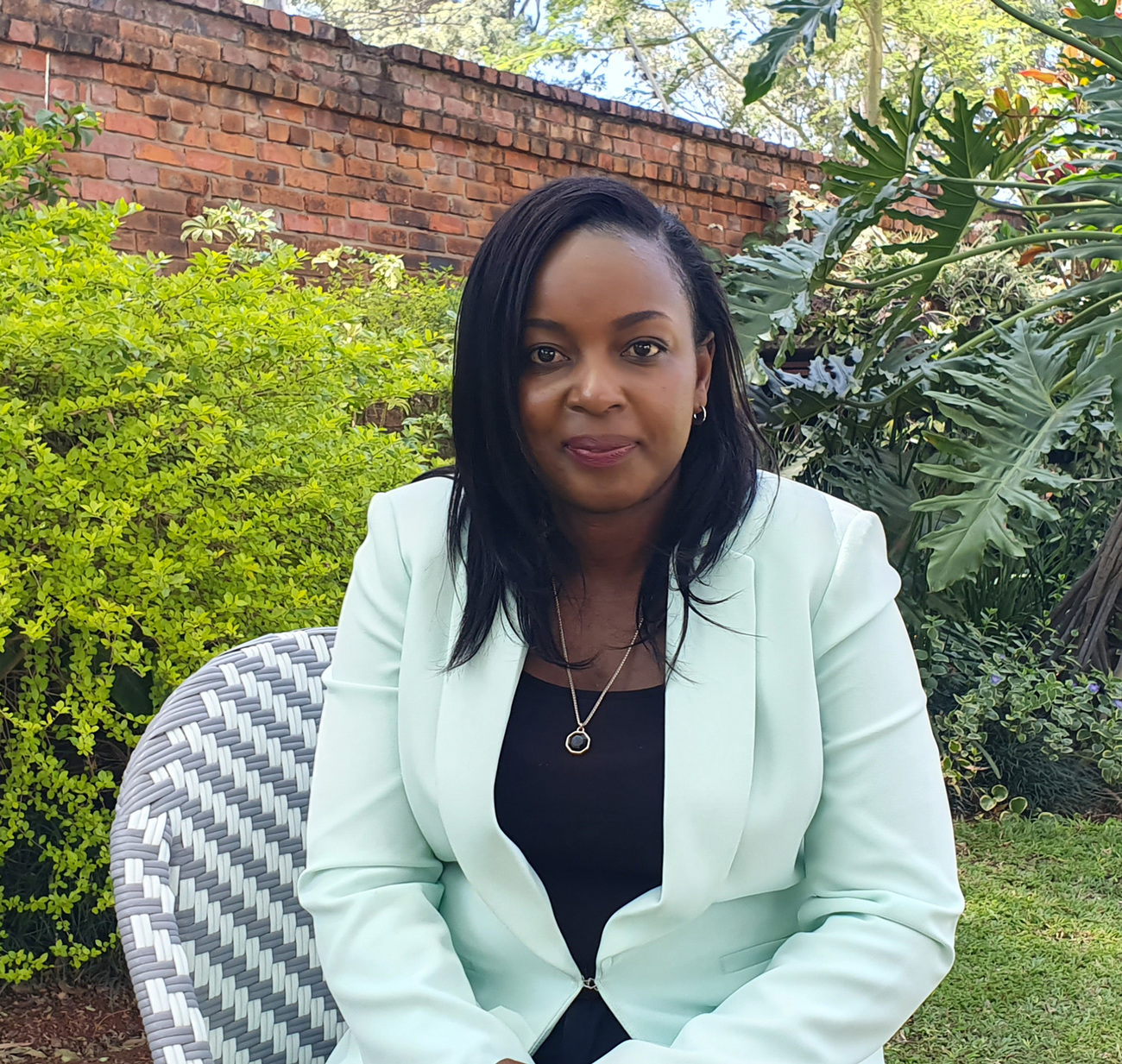on a mission to transform wildlife law in Africa
on a mission to transform wildlife law in Africa

Born and raised in Harare—the bustling capital of Zimbabwe—Ever Chinoda’s early life was far removed from wildlife. Now, she is an accomplished animal advocate who is changing the face of wildlife law in Africa.
After obtaining a Bachelor of Law Honours at the University of Zimbabwe in 2010, Vimbai Everlasting “Ever” Chinoda joined the Zimbabwe Parks and Wildlife Management Authority (ZimParks) legal department, which became a turning point in her career.
While working for Zimbabwe’s wildlife custodian, Ever identified gaps in the protection of animals and decided she wanted to help reform wildlife law.
In 2016, when one of Zimbabwe’s famous collared lions, Cecil the Lion, was slain by an American trophy hunter, Ever was tasked with monitoring the high-profile legal case. A few months later, the young lawyer was hand-picked by the Lewis and Clark Law School in the United States, where she was offered a scholarship for a master’s degree in animal law.
Through her nonprofit organisation, Speak Out For Animals (SOFA), Ever—who was named one of the 100 Young African Conservation Leaders of 2021—is on a mission to protect Africa’s vulnerable species using the legal system.
SOFA partnered with the International Fund for Animal Welfare in 2021 to promote wildlife crime law education in Zimbabwe. We recently sat down with Ever to learn more about her conservation work.
Why is there a need for greater legal protection for wildlife in Southern Africa?
Many critically endangered species like African elephants, lions and rhinoceros have ranges throughout Southern Africa. The rest of the world understands the intrinsic and extrinsic value of these animals and the important roles they play in keeping their ecosystems healthy, but we are the stewards and custodians of the wildlife that live here. We must protect their populations from declining.
How did you become interested in animal law?
Life seems to have shepherded me on this animal law path. I’ve been exposed to wildlife law matters since 2012, when I worked at Zimbabwe Parks and Wildlife Management Authority. I shifted to prosecuting wildlife matters between 2012 and 2015, rejoining Zimbabwe Parks and Wildlife Management Authority when Cecil the Lion was shot. In 2016, I completed my master’s in animal law in the United States at Lewis and Clark Law School, after which I founded Speak Out For Animals (SOFA) in 2017.
Can you tell us about Speak Out For Animals and its work?
At SOFA, our aim is to protect animals through the legal system and our mission is to influence the human mindset towards the protection of animals through the law. Our key areas are case monitoring, legal education, literature development, training of law enforcement agents and prosecutors and lobbying and advocacy in favour of good animal laws.
SOFA is registered in U.S. as a 501c(3) nonprofit organisation. It is also registered and operates in Namibia, Zambia and Zimbabwe.
How is the IFAW-SOFA partnership helping animals?
Through networking and following IFAW’s work, I realised that we have certain areas of interest and that collaborating with IFAW would help advance our mission to educate lawyers and non-law students in universities about wildlife law. IFAW has done a lot of work on protecting animals and we complement that work, in a small way, by making sure law enforcers are informed and equipped with skill and knowledge. With the help of IFAW, SOFA has managed to formally educate 72 students on wildlife law at two universities—Great Zimbabwe University and University of Zimbabwe.
What do you feel has been your greatest professional achievement?
I believe the introduction of formal education of wildlife law to law and non-law students has been my greatest achievement so far. I realised that protecting the environment and our natural resources is every citizen’s right and there is need for interested lawyers and students to learn how to do it. So, I wrote a concept note that I submitted to Great Zimbabwe University and University of Zimbabwe proposing to teach wildlife law as an option in its curriculum.
For the past two years, since we started teaching these students, their attitudes and perspectives towards the value of wildlife in Zimbabwe and the importance of wildlife laws have been evolving every day. The future of animals is in good hands because of this work. As Nelson Mandela said, “Education is a powerful tool that can change the world.”
What’s on the horizon for SOFA?
SOFA aims to establish an Animal Law Learning Institution where African lawyers and animal practitioners from different countries can learn about wildlife and animal laws. We envision exchange programs where animal law practitioners and scientists from different continents can share knowledge and expertise on conservation. We also aim to have an Africa Animal law Conference in the summer of 2025 to exhibit our work, emphasise the importance of collaboration and motivate other African countries to take wildlife law and enforcement seriously.
Related content
Every problem has a solution, every solution needs support.
The problems we face are urgent, complicated, and resistant to change. Real solutions demand creativity, hard work, and involvement from people like you.